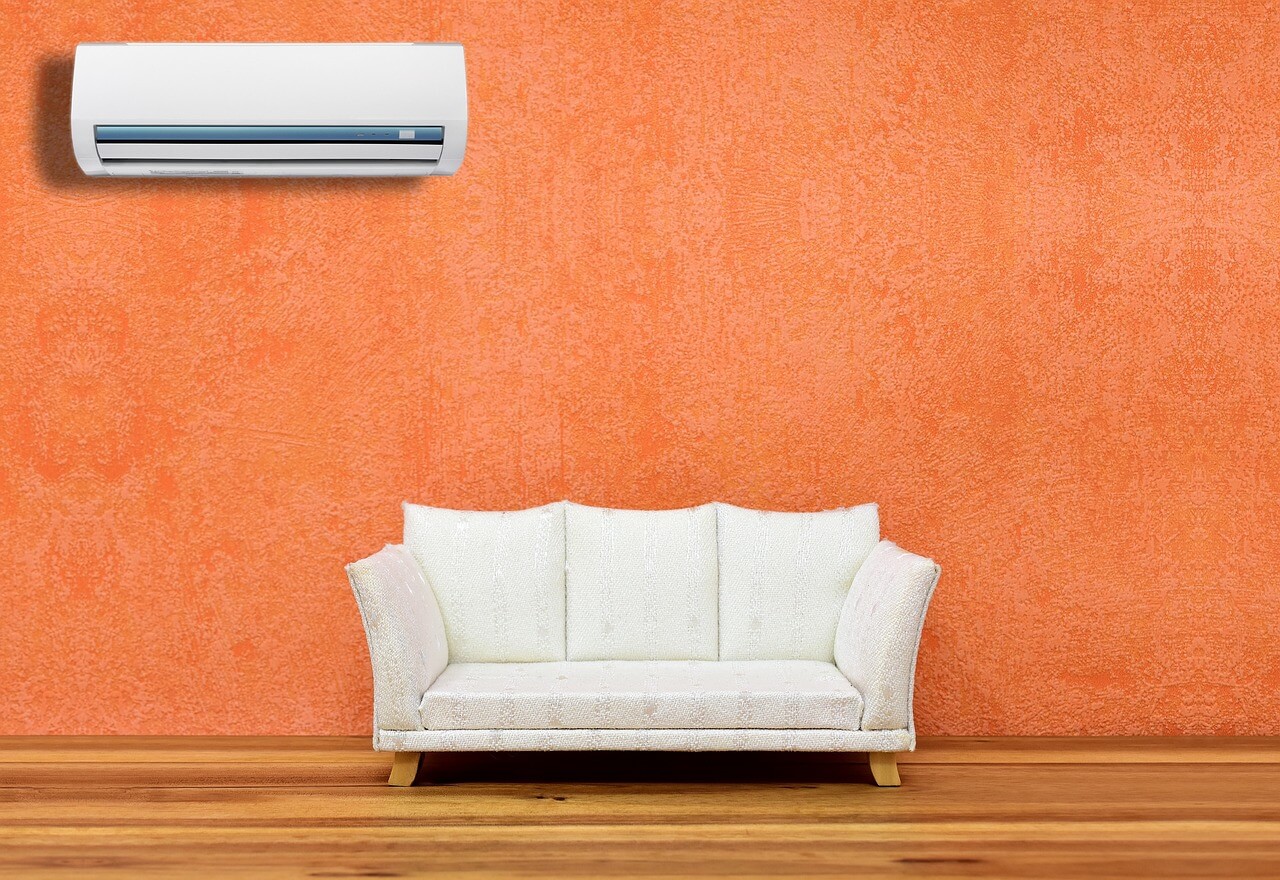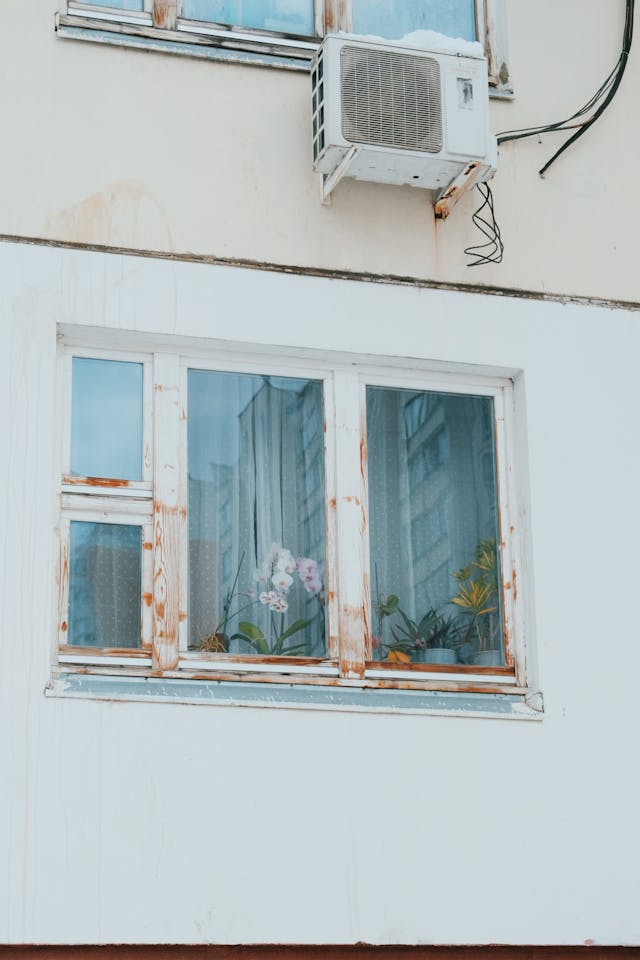How to Tell When an AC Unit Needs Repairs Before It Breaks Down Completely

Whether it's the middle of a hot summer or a surprisingly warm spell in the fall, a reliable air conditioning unit is crucial to maintaining comfort in your home. Like any mechanical system, air conditioners can experience issues that can affect their efficiency and functionality. Delay in addressing these problems may lead to more significant complications that could leave you without cooling when you need it most. Understanding how to identify signs that your AC unit needs repairs is vital for keeping it running smoothly. Recognizing early signs of trouble could save you time, money, and discomfort.
Unusual Noises Indicate Trouble
Air conditioning units are designed to operate quietly, so any unexpected noises should raise a red flag. Strange sounds, such as banging, humming, or grinding, could indicate various issues, from minor to significant malfunctions. A banging noise may suggest loose or broken parts within the compressor, while a grinding sound could indicate that the motor is severely damaged. Ignoring these noises often leads to further damage, so it's best to schedule a technician's evaluation as soon as you notice these irregular sounds. Pay attention to the frequency and intensity of the noises. These can provide insights into the urgent nature of the repair needed. Heating and cooling systems can emit hissing or bubbling sounds, which may signal refrigerant leaks. A refrigerant leak hampers your AC's performance and can lead to environmental hazards and increased operational costs. A detailed examination by a qualified technician is wise to assess such leaks, as leaving them unaddressed may eventually result in your AC in need of a repair or replacement, along with higher energy bills. Taking quick action can prevent your unit from failing entirely and help maintain a stable temperature in your home.
Increased Energy Bills
If you notice a surprising spike in your energy bills without any changes in your usage, it might be a sign of an inefficient AC unit. Wear and tear can diminish the efficiency of cooling systems, leading to higher energy consumption as they struggle to reach the desired temperature. An increase in energy bills can indicate underlying issues such as blocked air filters, low refrigerant levels, or malfunctioning components that prevent the unit from working efficiently.
Dirty air filters can restrict airflow, causing your air conditioning system to overwork and use more energy than necessary. Regular maintenance, including changing or cleaning filters, is important to maintain your unit's efficiency. It's worth noting that older units tend to consume more energy due to outdated technology. So monitoring your electricity bills closely can give clues about your AC unit's performance and prompt necessary actions with repairs or maintenance before the unit fails completely.
Inconsistent Temperature Control
Another critical sign your air conditioning unit may be malfunctioning lies in its inability to maintain a consistent temperature throughout your space. If certain rooms are significantly cooler or warmer than others, it may indicate issues with ductwork, blocked vents, or even the thermostat. If temperature fluctuations are occurring regularly, it's time to seek professional assistance. A qualified technician can diagnose the problem and recommend necessary adjustments or repairs.
It may involve recalibrating the thermostat or repairing ducts to ensure consistent airflow. Uneven cooling can lead to discomfort and dissatisfaction in your living space. It can strain the system, leading to accelerated wear and tear. If your unit is continuously running without adequate results, this should prompt you to seek help before it leads to complications. Addressing this issue early on can save you from severe repairs or the need for a full system replacement.
Foul Smells from the AC
A properly functioning air conditioning unit should not emit unpleasant odors. If you notice strange smells, they could indicate various issues, such as molds, burned-out motors, or wire insulation breakdowns. A musty or rotten smell often suggests mold growth inside your system, which can pose health risks and deteriorate air quality in your home. It's crucial to address this issue promptly by contacting a professional who can clean and sanitize your AC system, preventing complications. Musty smells signal a danger to your health and may suggest that the condensate drain is clogged, permitting moisture buildup. Such conditions can foster bacterial growth and mold, adversely impacting your indoor air quality. If you detect any odd odors, it's vital to get your AC inspected to resolve the source of the problem effectively. Following this advice can protect your health and your equipment.
Frequent Cycling On and Off
Another indicator that your air conditioning system is in need of attention is if it frequently cycles on and off, a phenomenon known as short cycling. This erratic behavior can occur due to several reasons, including improperly sized units, congested air filters, or malfunctioning thermostats. Short cycling increases energy costs and can lead to component wear and tear, significantly shortening the lifespan of your air conditioning system. When your unit runs in this pattern, it fails to complete its cooling cycle, leading to inadequate temperature regulation.
The compressor may overheat, leading to potential breakdowns and costly repairs. Identifying the root cause of short cycling early on allows you to prevent further damage and maintain operational efficiency. Regular servicing can adjust components like thermostats and ensure that your AC unit runs without interruptions while maintaining comfort in your home.
Weak Airflow from Vents
If the airflow coming from your vents feels weaker than usual, it could be a sign of a developing AC issue. Poor airflow often points to problems such as clogged air filters, blocked ductwork, or failing motors. Weak airflow can prevent your system from cooling your home evenly, forcing it to run longer and use more energy. This impacts comfort and places extra strain on the components, potentially leading to premature failure. In some cases, the issue may stem from a faulty blower fan or debris obstructing airflow within the ducts. A professional inspection can pinpoint the exact cause, restoring strong, consistent airflow and helping your AC unit maintain optimal performance.
Excessive Moisture or Leaks Around the Unit
While some condensation around your air conditioning system is normal, noticeable water pooling or persistent moisture signals a problem. Excessive moisture may indicate a blocked or broken condensate drain line, which can lead to water damage and mold growth in your home. In more severe cases, leaks can be a sign of a refrigerant issue, which poses both performance and environmental risks. Low refrigerant levels can cause your unit to work harder, overheat, or fail altogether. Addressing moisture issues quickly can prevent structural damage to your property and costly AC repairs. A qualified technician can repair leaks, clean the drain line, and ensure that your system remains both efficient and safe to operate.

Understanding the signs that your air conditioning unit requires repairs is vital for maintaining a comfortable indoor environment and preventing complete breakdowns. From unusual noises to foul odors, being aware of these indicators can help you take proactive measures. Regular maintenance and staying attuned to your unit's performance can save you from significant repairs in the future, ensuring your AC continues to operate efficiently. If you experience any of the issues mentioned, it is wise to consult with a professional technician to extend the lifespan of your system.
Published 8/12/25